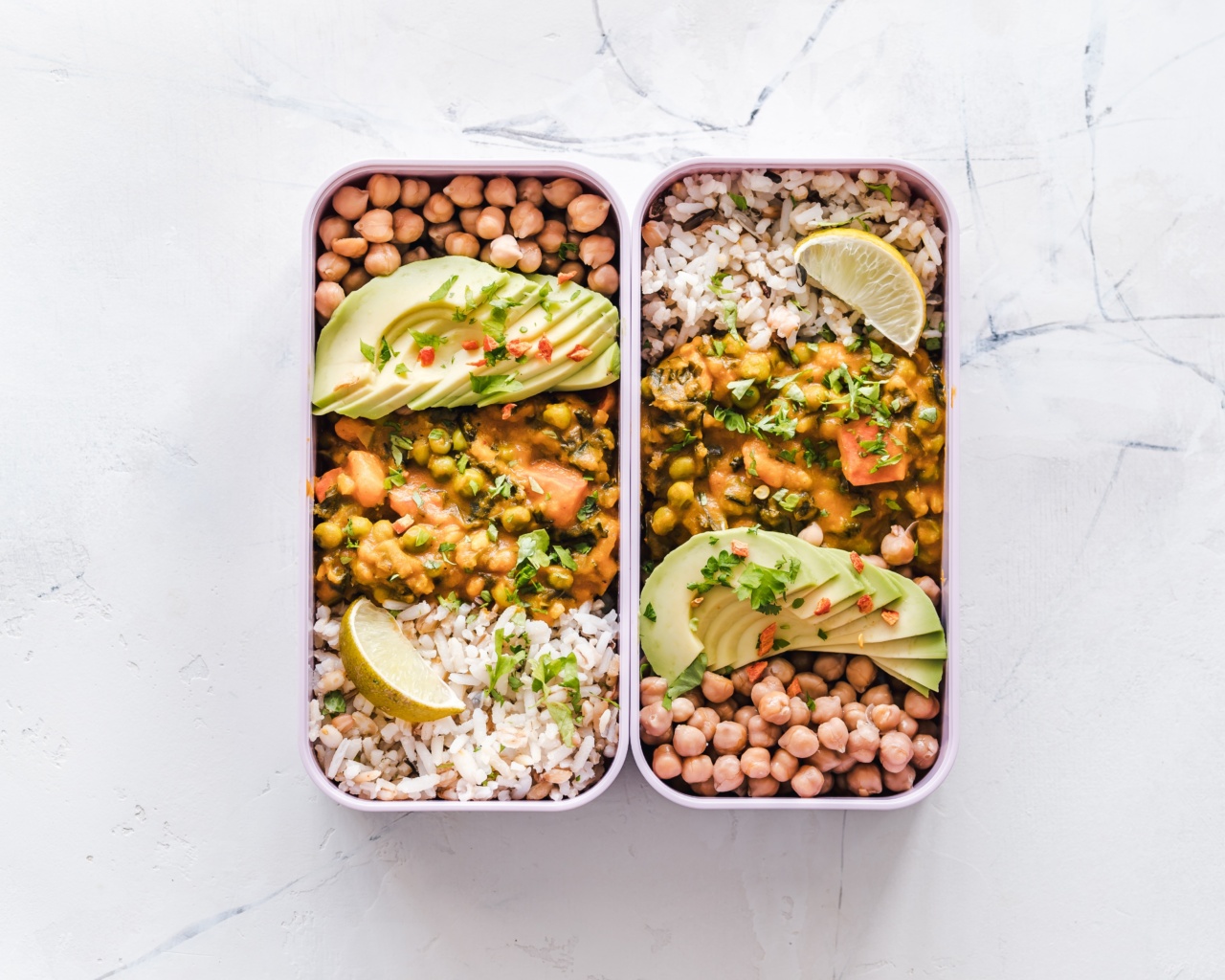Proper nutrition plays a crucial role in building and maintaining muscle mass. To maximize your gains, it’s important to consume the right combination of macronutrients that provide your muscles with the necessary fuel to grow and recover.
In this article, we will discuss the top 10 muscle-fueling foods that you should include in your diet to support your fitness goals.
These nutrient-packed options are rich in protein, carbohydrates, healthy fats, and essential vitamins and minerals, all of which contribute to muscle development.
1. Chicken
Chicken is a staple food for muscle building. It is an excellent source of lean protein, which provides the essential amino acids required for muscle repair and growth.
Chicken breast, in particular, is low in fat and high in protein, making it an ideal choice for athletes and fitness enthusiasts.
2. Greek Yogurt
Greek yogurt is not only delicious but also a great source of protein, calcium, and probiotics. It contains more protein compared to regular yogurt, making it a perfect post-workout snack.
The protein content aids in muscle recovery and growth, while the probiotics support gut health, promoting overall well-being.
3. Salmon
Salmon is loaded with omega-3 fatty acids, which contribute to muscle health in several ways. Omega-3s help reduce inflammation, support joint mobility, and enhance muscle protein synthesis.
Additionally, salmon provides high-quality protein and essential vitamins and minerals, such as vitamin D, which is crucial for bone health and muscle function.
4. Quinoa
Quinoa is a versatile grain that is high in protein and contains all nine essential amino acids. This makes it a fantastic plant-based protein source for vegans and vegetarians.
Quinoa also provides complex carbohydrates, fiber, and various vitamins and minerals, making it an excellent choice for muscle recovery and energy replenishment.
5. Eggs
Eggs are a nutritious whole food that is rich in protein, vitamins, minerals, and healthy fats. They are a complete protein source, meaning they contain all the essential amino acids necessary for muscle growth and repair.
Additionally, eggs are an affordable and versatile option that can be enjoyed in numerous ways, such as boiled, poached, or scrambled.
6. Lean Beef
Lean beef is an excellent source of high-quality protein, iron, zinc, and vitamin B12. It provides essential nutrients that support muscle growth, repair, and overall health.
Opt for lean cuts of beef, such as sirloin, tenderloin, or eye of round, to reduce the intake of saturated fats commonly found in fattier cuts.
7. Cottage Cheese
Cottage cheese is a high-protein, low-fat dairy product that is packed with essential amino acids. It is an ideal snack option for individuals aiming to increase muscle mass.
Cottage cheese also contains a slow-digesting protein called casein, which provides a sustained release of amino acids to support muscle repair during sleep or extended periods without meals.
8. Sweet Potatoes
Sweet potatoes are a complex carbohydrate source that is rich in vitamins, minerals, and dietary fiber. These qualities make them an excellent choice for replenishing glycogen stores post-workout.
Consuming sweet potatoes helps provide sustained energy for your workouts and aids in muscle recovery.
9. Almonds
Almonds are a great source of healthy fats, protein, vitamins, and minerals. They also contain antioxidants that help reduce exercise-induced oxidative stress.
Including a handful of almonds in your diet can provide essential nutrients that support muscle growth and overall well-being.
10. Spinach
Popeye had it right. Spinach is a nutrient-dense leafy green vegetable that offers numerous health benefits. It is rich in iron, vitamins A, C, and K, and various antioxidants.
Spinach also contains nitrates, which have been shown to enhance muscle oxygenation and boost exercise performance.
Incorporating these top 10 muscle-fueling foods into your diet can have a significant impact on your muscle-building goals. However, it is essential to note that individual nutritional needs may vary.
Consulting with a registered dietitian or nutritionist can help you tailor your diet to meet your specific requirements.




























